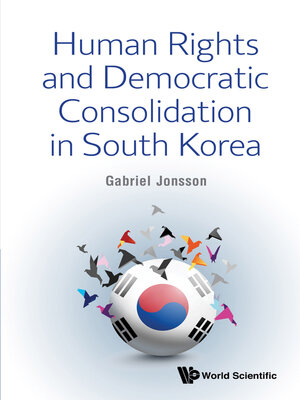
Sign up to save your library
With an OverDrive account, you can save your favorite libraries for at-a-glance information about availability. Find out more about OverDrive accounts.
Find this title in Libby, the library reading app by OverDrive.



Search for a digital library with this title
Title found at these libraries:
| Loading... |
Has South Korea accomplished democratic consolidation since the Constitution was revised in 1987? Whereas political freedom has improved, the NSL is generally pointed out as the main obstacle to full freedom but it is not the only one to guarantee respect for human rights. Since full respect for human rights is not guaranteed, democratic consolidation has not been achieved. This book analyzes the issue based on the state of human rights that are an important part of democracy. The starting points are the 1948 UN Universal Declaration of Human Rights, the 1987 South Korean Constitution and the 2001 National Human Rights Commission (NHRC) Act which are empirically tested. Definitions of democratic consolidation are applied. The study first investiga- tes legislation and human rights institutions, including the National Security Law (NSL), the Con-stitutional Court, the NHRC, adherence to international human rights law and the Universal Periodic Review. Then the impact of inter-Korean relations on human rights are reviewed based on the NSL, dispatches of leaflets across the border and conscientious objectors. Finally, freedom of expression, assembly and association, including the state of sexual minorities, trials of ex-presidents, death penalty, human trafficking and torture are studied.






